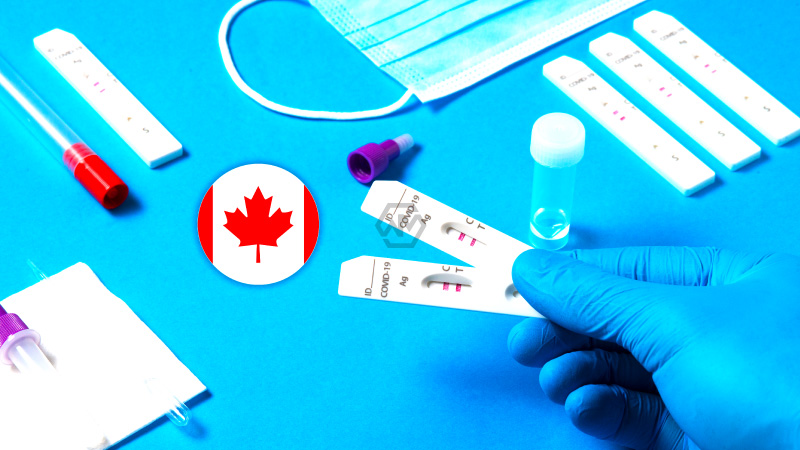- When licensing BTNX’s COVID-19 kits for national distribution, Health Canada disregarded alerts regarding this rapid-test provider.
- Due to lockdowns and COVID-19 infections, Canada saw difficulties obtaining medical supplies in the spring of 2020.
- Faced with few alternatives, Canada resorted to domestic producers of medical goods.
When licensing BTNX’s COVID-19 kits for national distribution, Health Canada disregarded alerts regarding this rapid-test provider. The provider overestimated the test’s capacity to identify the virus by removing dozens of specimens from a report that was submitted to Health Canada in October 2020.
No questions or explanations were asked by Health Canada regarding the company’s improvements. Asserting that the gadget performs as promised, BTNX acknowledged erasing specimens and updated the research.
Health Canada
Due to lockdowns and COVID-19 infections, Canada saw difficulties obtaining medical supplies in the spring of 2020. Health Canada was up against the “Hunger Games,” a severe international competition for quick examinations. Faced with few alternatives, Canada resorted to domestic producers of medical goods.
Health officials were hoping for a “lab-in-a-box” test that used DNA and was produced by Spartan Bioscience, located in Ottawa. Health Canada reduced waiting periods for permits to sell medical goods, hired more staff, and established an emergency authorization procedure. On the other hand, a Canadian business called BTNX was charged with deceiving the public regarding the approval procedure for its antibody test.
Prime Minister Trudeau recognized BTNX in April 2020 for their ground-breaking COVID-19 antigen test. When asked if the ministry told the Prime Minister’s Office about Sabourin’s concerns, Health Canada did not reply.
After six months, Health Canada gave BTNX’s application top priority because Spartan’s technology had not demonstrated sufficient reliability. Assure Tech, BTNX’s supplier, has previously submitted a separate application for permission to market the same device to Health Canada.
Sample tests from Assure Tech’s packages and BTNX were assessed by federal workers. A component of BTNX’s package that was absent from Assure Tech’s evaluations was the reworked analysis of the test’s COVID-19 detection efficacy.
According to Global News’ investigation, BTNX had changed the identification numbers of the specimens and the places where the evaluation was conducted. Health Canada did not discover that 132 of the 348 original specimens in the study were missing and therefore concluded that there was no reason to doubt the study’s scientific validity.
BTNX only removed the frozen specimens that tested positive for COVID-19; the remaining specimens were left intact. By about ten percentage points, the result was improved by those deletions. Retrospective samples were used by other quick test providers, who also reported on the outcomes of useless specimens.
In defense of its choice to accept BTNX’s application, Health Canada has noted that the kit’s assessment by the National Microbiology Laboratory validated BTNX’s claimed sensitivity.
On February 19, 2021, the ministry accepted the applications from BTNX and Assure Tech. During the course of the following 18 months, the federal government paid an estimated $2 billion to BTNX for 404 million test kits.



